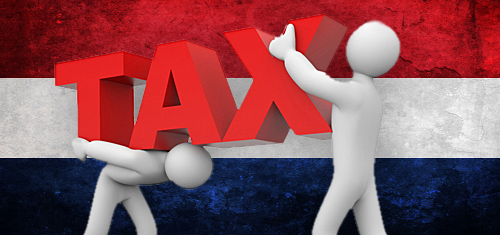 A new tax proposal in the Netherlands may have thrown a monkey wrench into plans to regulate the country’s online gambling market.
A new tax proposal in the Netherlands may have thrown a monkey wrench into plans to regulate the country’s online gambling market.
On Tuesday, Dutch media reported that members of the ruling parliamentary coalition had introduced amendments to the proposed Remote Gaming Bill that would tax online gambling operators at 29% of gross gaming revenue, the same rate levied on land-based operators such as Holland Casino.
This proposal runs counter to the government’s stated plan of taxing online operators at 20% of gambling revenue. The government had justified this lower rate as being necessary to encourage a majority of Dutch punters to choose to wager with Dutch-licensed sites rather than seek out more cost-competitive options from internationally licensed operators.
The Telegraaf newspaper reported that members of the VVD and PvdA coalition parties jointly submitted the new tax proposals to the legislature’s lower house, the Tweede Kamer. The legislators argue that if the government is correct about the regulated market’s ability to boost gambling revenue, the online tax rate would be reduced to 25% three years after the market liberalizes.
Progress on passing the Remote Gaming Bill has been glacially slow, but the Tweede Kamer was expected to schedule a vote sometime in Q1 2016, although the surprise tax amendment could further gum up the works. Online lobby groups have already gone on record as saying the 20% tax was too high to ensure operators a reasonable rate of return.
Despite these concerns, the government has reportedly received expressions of interest from numerous online operators apparently eager to avoid the punitive fines being levied against international operators by Dutch gaming regulator Kansspelautoriteit (KSA). A recent survey suggested the Dutch online gambling market was worth far more than previous estimates.
